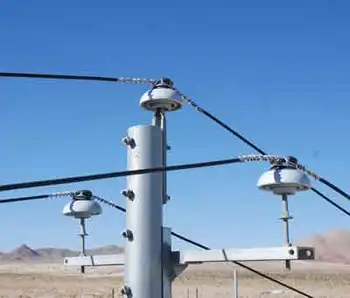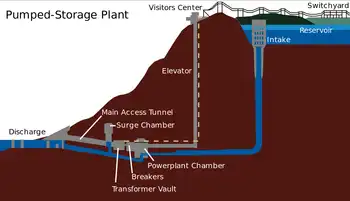Colorado company converts fuel cars to electric
By Longmont Times-Call
NFPA 70e Training - Arc Flash
Our customized live online or in‑person group training can be delivered to your staff at your location.

- Live Online
- 6 hours Instructor-led
- Group Training Available
He shifted the car into second gear, and off he went.
The Geo Metro is the first crack at an electric vehicle for Nadeau and his company, Ree-V.
With the experience under his belt, he said, he can convert a gas-powered car to run on electricity generated by batteries. And customers can claim the Colorado Alternative Fuel Vehicle Credit on their state tax return and be reimbursed much, and in some cases all, of the cost of the conversion.
"It's something that people really don't know about," Nadeau said. "I don't think people believe me when I tell them this is a real thing."
The tax credit reimburses the cost of converting the car to "zero emission." The exact amount of the reimbursement depends on the person's income tax liability for that year, but it can be carried over for five years.
The owner of the car has to pay for the conversion up front and can claim the credit only once per vehicle.
To be eligible for the 100 percent credit, the car must be older than 10 years, and the gas engine must never be operated in Colorado again.
If the car is newer than 10 years old, the owner is eligible for an 85 percent tax credit, but Nadeau said the owner still can sell the engine.
"We want to get as many vehicles (converted) to electric as we can," he said. "If the gas engine is put into another vehicle, it's OK, because odds are the gas engine being replaced has been destroyed (or scrapped)."
The best cars to use for a conversion are manual cars and small trucks, Nadeau said.
The cost for Ree-V to convert a car to run on lead-acid batteries ranges between $17,500 and $20,000.
"The conversion kits we use cost around $7,000 to $10,000," Nadeau said. "A person can get a cheaper kit, but we try to use the reliable stuff."
And the lead-acid battery pack — which has a range of 30 to 50 miles — can cost $2,300 to $3,900, he said.
Lithium-ion and nickel-metal hydride batteries, which have a larger energy capacity, cost about $50,000, but weigh much less, he said.
Longmont sustainability coordinator Ron Shaw said he doesn't think the cost of the conversion would be worth it without the rebate.
The city of Longmont is eligible for a separate tax rebate that allows it $350,000 worth of alternative fuel-vehicle changes to its fleet each year. Nonprofit companies also are eligible for the rebate.
"It just makes (financial) sense with the rebate," Shaw said.
The environmental benefits are another reason why Longmont would benefit if it shifted to electric vehicles, he said.
The main hurdle, he said, is cost.
"I think it's a matter of making these cars available to the public from a financial standpoint," Shaw said. "People aren't attracted to the use of fossil fuels; they are attracted to the mobility. People don't care how a car is powered as long as it gets adequate range."
What also offsets the cost of the conversion is the cost of the energy used per mile, Nadeau said.
At 11 cents per kilowatt hour, he said, a converted electric car costs about 3 cents a mile to operate. He estimated that with gas prices at $2 a gallon, a car getting 40 miles per gallon will cost about 10 cents a mile.
Ree-V has caught the attention of City of Longmont fleet manager Bruce Maysilles.
"We are looking at (electric vehicle) possibilities wherever possible," Maysilles said.
There also might be more money available for fleet conversions because of the economic stimulus package, Maysilles said.
Nadeau said he thinks this could catch on.
"In the early cell phone days of the early '90s, only a few people had them," he said. "Due to battery technology, the phones got smaller and smaller and more practical. Suddenly, everyone has a cell phone.
"I think it's going to be somewhat similar for electric cars," Nadeau said. "The batteries will get better and better and more cost effective. It will make sense for everyone to have one."











